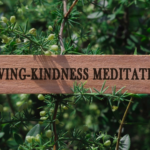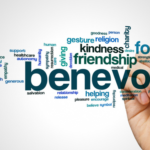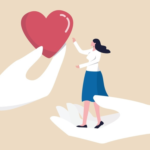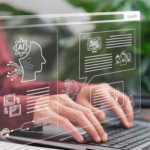“Empowers Activists” Vivien Sharples has over 50 years of experience in activism. She knows the challenges that activists face. They are fighting for change. They want change for society and the environment. Sharples leads the group. Its name is “Climate Grief and Empowerment.” She’s seen activist culture tire people and make them feel alone. But now, many are working to help activists. They help with their emotions and mental health.
Resmaa Menakem is a top trauma therapist. He says that activists need to rest, recover, and care for themselves. Menakem says it outright: “No one can keep going forever.” Understanding this is vital. It’s for regular breaks. It’s key for staying strong in activism for a long time. “Empowers Activists”
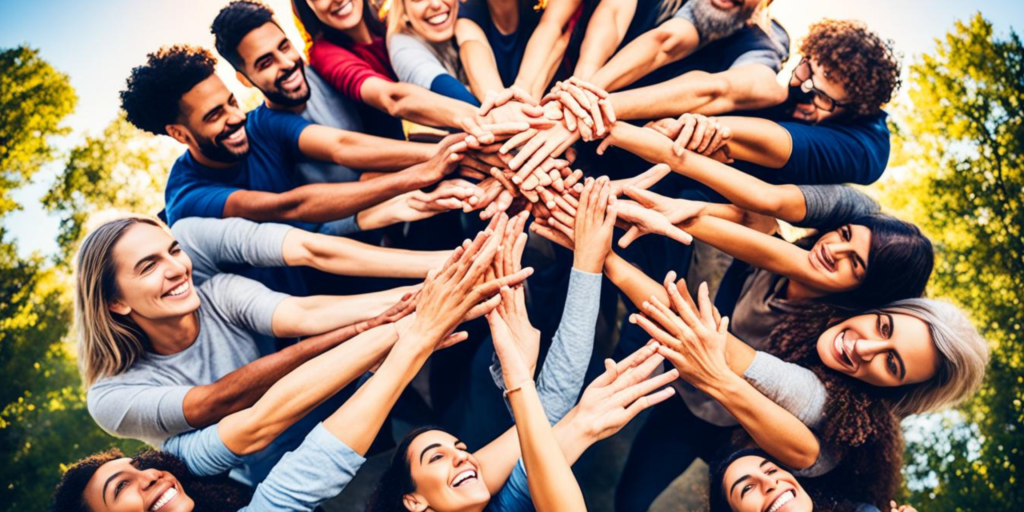
The Power of Extending Love and Kindness
The writer comforted those who were upset. This was after a violent attack in Israel. She showed the importance of being kind to oneself in hard times. This lesson helped her too. The metta meditation made it’s her feel more caring and calm inside. “Empowers Activists”
Doing loving-kindness practice helps activists a lot. It shows them how to be kind every day and take care of themselves. They say kind phrases to themselves and others. They say things like “It’s may you be happy, may you be healthy, may you be at peace.” This makes them feel better. “Empowers Activists”
Metta meditation is a powerful tool for activists. It helps them to cultivate compassion and inner calm.
This practice helps activists stay calm. It helps them in tough moments. They don’t always have to fight or run. Feeling more connected gives them the strength. It gives them the hope they need. It’s for their important work. “Empowers Activists”
The author realized she also needed her advice. Activists can stay strong. They can do metta meditation. They can also do other loving-kindness practices. They can change the world in a good way. “Empowers Activists”
Overcoming the “Fight or Flight” Reflex
Many activists face the “fight or flight” choice. They face it when dealing with big group issues. This choice arises from the need to survive. It can be assertive speech or quiet silence. The author looks at how people act during fights. They often go into deep thought about rules and the future. They may not deal with the hurt they see. “Empowers Activists”
Rhetoric and Trauma in Times of Conflict
The author started working for peace during a hard time. It was the second intifada. She saw heated arguments, mean words, and feelings of betrayal on a group list. She understood that this angry talk was a way to fight with words instead of fleeing. It was a common way to deal with big pains together. “Empowers Activists”
When fights are big, some activists talk big. They avoid dealing with their deep feelings. This might make people argue more and stop talking. It gets harder to agree and find the right solutions. “Empowers Activists”
The writer says it’s key to feel and face the hard emotions behind big fights. This avoids arguing in the head all the time. By doing this, activists can get out of the “fight or flight” pattern. They can use caring words to bring people together and make talks work better. “Empowers Activists”
Often, in intense conflict, we’ve gone to our heads. We wrestle with policy and predictions; the pain of what we have seen.
Beating the “fight or flight” pattern is important for doing good as an activist. By understanding our feelings and thoughts. we can act smarter. We’ve also been able to act kinder when fighting for good causes. “Empowers Activists”

Finding Solace in Extending Kindness
After a sad event or fight, many people try to help others. Nisha Anand is the head of a big group that fights for what’s right, called dream.org. She tells us that after a big attack. She wanted to support more than her family and close friends. “Empowers Activists”
She thought she needed to do something huge to help. But she learned something important. Kindness exerts profound influence. This is especially true in a world with many bad things. She felt good by being there for people who were sad, scared, or angry. “Empowers Activists”
I realized that in a world of war and trauma, few things are more meaningful than being kind.
Anand’s story reveals that in hard times, the strength of emotion is vital. Helping with our hearts is sometimes better than with our minds. Small actions bring comfort to those in need. For example, listening and not judging, or being there.
Reaching out to those we know or even strangers can make a big difference. Especially in hard times, being kind stands out. It’s a help that brings comfort to a lot of people. “Empowers Activists”
Empowers Activists
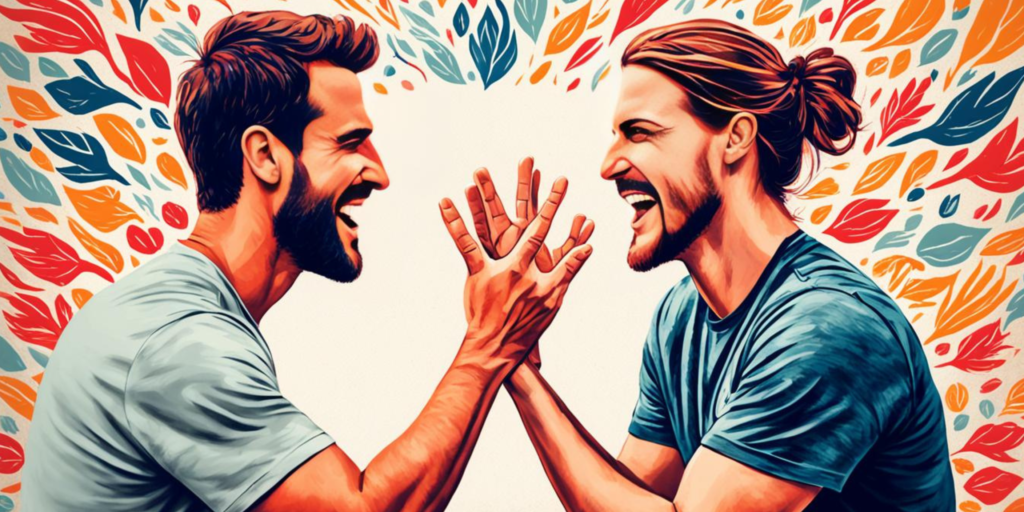
The Practice of Metta Meditation
The practice of metta helps activists a lot. It teaches them to be kind and strong. In this practice, you think good thoughts. You think them about yourself. Then, you think good thoughts about loved ones. Also, about friends, and even difficult people. “Empowers Activists”
Activists find great peace in sending love. They send it to special groups. For example, they might pray for the safety of the families of hostages. Or, for the safety of their friends who are soldiers. This kind act stays with them all day. “Empowers Activists”
Doing this meditation helps them stay calm in tough times. It changes how they react to stress. They’ve been kind to themselves and others. This has kept them steady in their mission for good.
Also, metta is a way for activists to take care of themselves. It gives them a peaceful break from their hard work. This makes them stronger and more focused on their goals. “Empowers Activists”
In loving-kindness meditation, we don’t wish for others to be happy. We also wish to be able to bring joy to others. We wish for this for ourselves.
Using metta makes activists better at their jobs. It shows them how to be loving, handle stress, and take care of themselves. With this, they’ve kept going strong, making a real difference. “Empowers Activists”
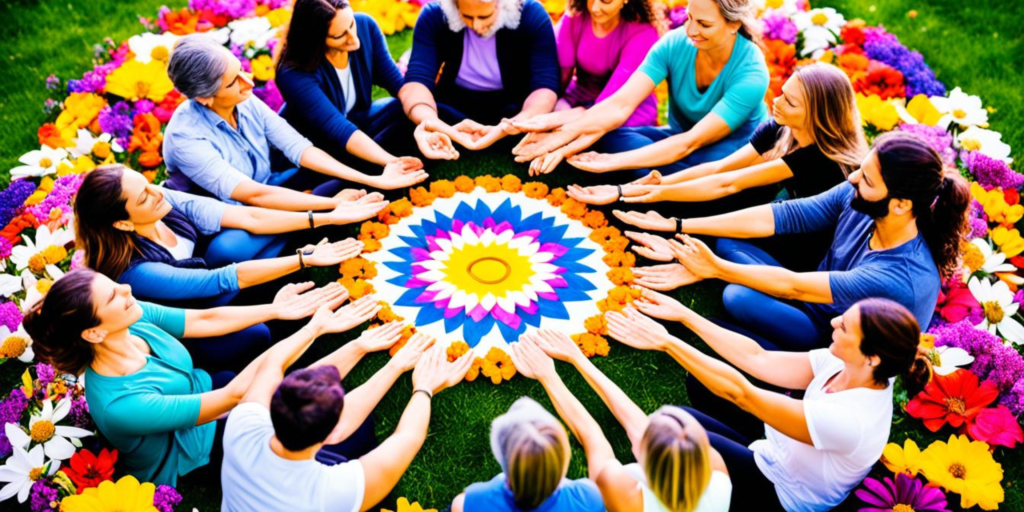
The Power of Symbolic Acts
In a world hit hard by hurt, sadness, and worry, little acts of kindness matter a lot. People who want to make a big impact find that even small acts can be powerful. These small acts show that there’s still light in dark times. “Empowers Activists”
Doing things to show we’ve resisted is key. We do this on the internet or off. It’s key in keeping things changing. Big group actions helped change society in the past. Yet, fewer people are joining in these days. Yet, actions online are giving power to people. “Empowers Activists”
Now, online sites are major places for symbolic activism. They include social media. They let more people join in and speak out. But, governments can stop these actions online. There aren’t strong global rules. It’s them that protect the activists. “Empowers Activists”
Joy disarms by lessening biases. Studies show this. The studies show how joy can lessen the own-race face bias. This bias affects spotting facial feature differences.
Even with these issues. Symbolic activism makes a real difference. It helps groups stay strong and keeps them working for change. These small, kind acts give activists the strength to keep going. “Empowers Activists”
Embracing Complexity and Nuance
Activists work hard to make the world a better place. They know that problems aren’t simple. There are many sides and shades to every issue. This makes their work harder. But it also makes it more meaningful. We’ve cared for everyone. We understand the details. This helps us move toward a better future. “Empowers Activists”
Extending Love to All
Loving everyone is not always easy. Especially in tough times when people fight. In these moments, it’s hard to see past our differences. But, showing kindness to others does not mean we care less for our own. We can love many, not a few. “Empowers Activists”
There is space in my heart to wish good things for innocent people in Gaza. Doing this doesn’t lessen my deep connection to my own people. The caring I offer to others doesn’t lessen my love for the Jewish people. There is room in my heart for both.
A Jewish activist shares a powerful message. They show how to be compassionate in tough times. Seeing everyone’s pain reminds us that we’re all human. This way, we can find real solutions that help us all.
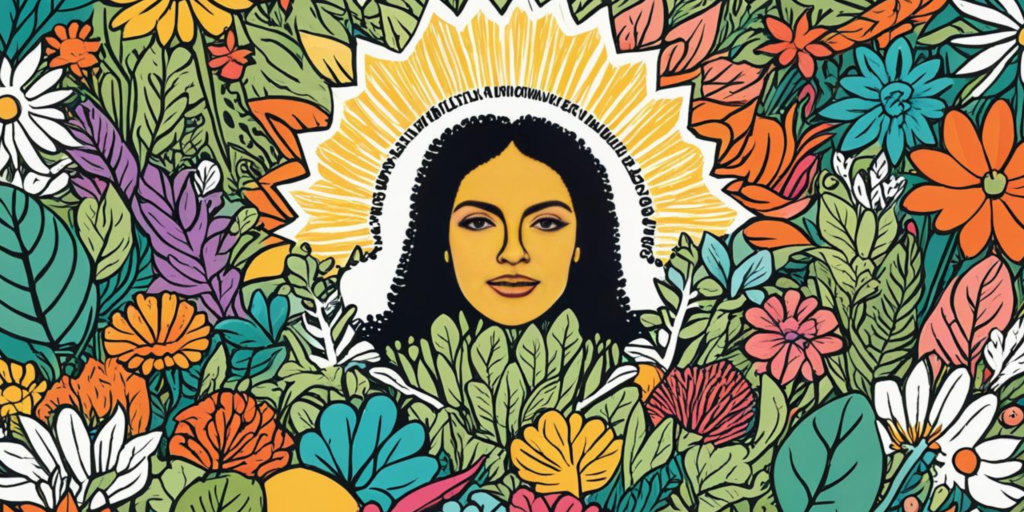
To understand big issues, we’ve got to look beyond simple answers. It takes effort to see the gray areas. We need to learn, question what we know, and listen to different views. This grasps the world’s problems in depth.
We show compassion and empathy. This helps us achieve remarkable results. We can talk better, connect, and make real change. This path is hard, but it’s the key to a future where we all can thrive. “Empowers Activists”
Sustaining Activism Through Self-Care
Activism is a big force for making things better. Yet, it can make people very tired and sad. When they work hard for what is right, they often forget to take care of themselves. This makes them lose energy and not work as well. Yet, by making self-care a top priority, they can stay strong and balanced. This allows them to keep doing their important jobs well.”Empowers Activists”
It’s very important for activists to deal with their own hurts and hard times. Sometimes, they use busyness to avoid their pain. But, stopping to deal with these issues is key to being the best they can be in their work. The author says, “Taking care of yourself makes you a better activist and person.”Empowers Activists”
Self-care for activists comes in many ways. It includes:
- Setting clear limits and learning to say “no” to keep on doing good work in causes we’ve chosen.
- To keep your body healthy, you work out, eat right, and sleep enough.
- Doing things that help you improve after a hard day. These things include being in nature. They also include meditating and being creative.
- I have friends who aren’t activists. They give emotional support. They keep me connected and comforted.
- Get help from experts, like coaches or counselors. They can help you know yourself better and handle your feelings.
By caring for themselves. Activists can keep their power. They love to make real change. The writer tells us, “Taking care of yourself is key for being a good activist.”
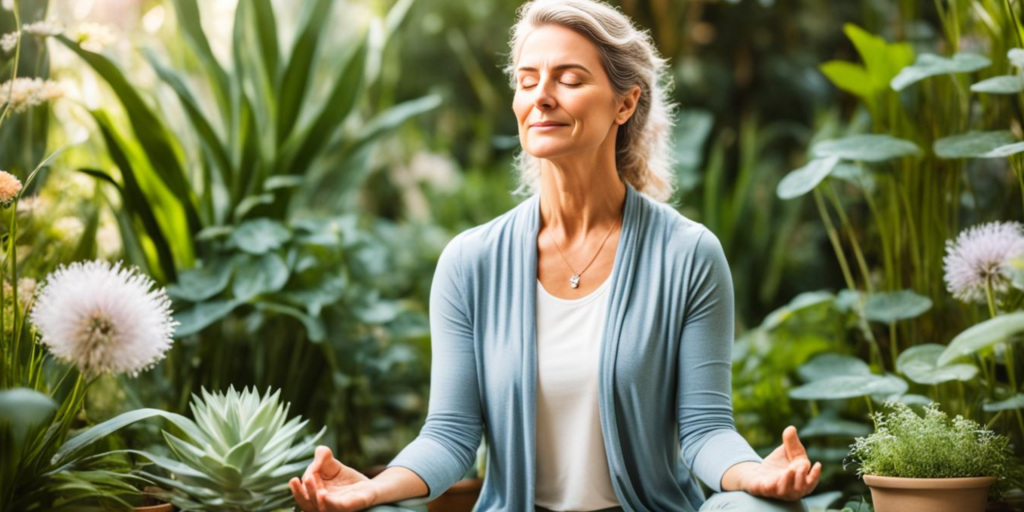
“Self-care will help you be a more effective activist—and it’s a better human being.”
Taking care of yourself is not only good. It’s good for your health. It’s important for everyone to get free. They focus on getting better and feeling renewed. This helps them do more for their groups and causes. They have clear minds, strong spirits, and big hearts. They lead their people and movements to do amazing things. “Empowers Activists”
Healing Trauma for Effective Activism
Informed activists understand trauma. They see the link between feelings and politics. As we’ve worked for change, we see how past hurts affect our fight. Sometimes, we ignore our pain to do what’s needed, but this can leave us tired and stressed.
Resmaa Menakem wrote the book. My Grandmother’s Hands is the name of it. It’s a game-changer. It showed me that fixing my emotional wounds is key. Sharing our feelings is powerful. Hiding them is not, Menakem notes. It makes us stronger for the long term and better activism. “Empowers Activists”
Acknowledging and Processing Pain
To do activism well, understanding our past is vital. This step helps us slow down, look inside, and do the deep work. This route fosters enduring transformations.
- Realize how our life stories shape what we’ve imagined.
- Notice the sadness and feeling out of place from past harms.
- Use traditions, art, faith, and stories to find strength.
Facing and working through our hurts helps us act for good. Movements like #BlackLivesMatter are strong. They’re strong because of this love. It’s a love for a better world.
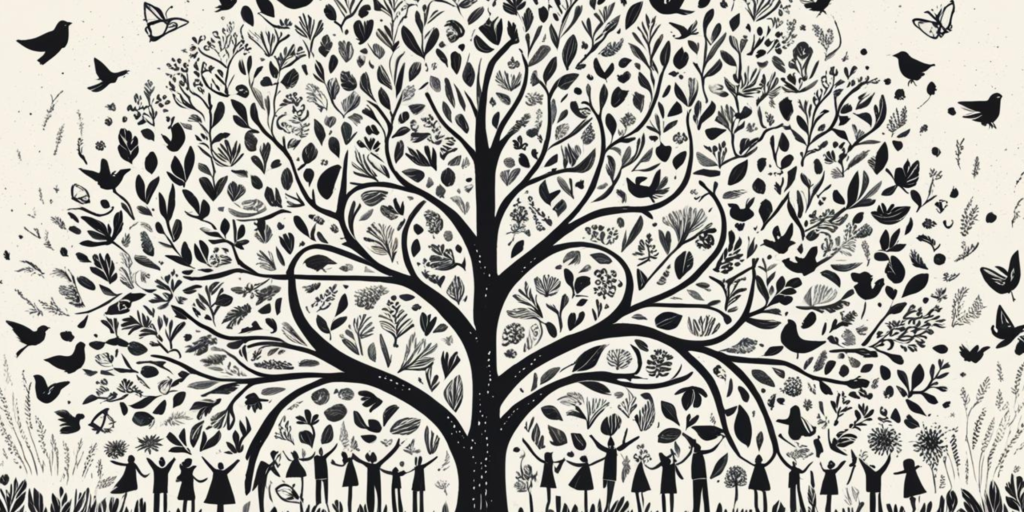
Feeling and sharing our feelings is powerful. It’s much better than numbing out. It enlivens and energizes us. It makes us more effective activists. And it helps us to be activists for longer.
Trauma-sensitive activism understands how emotions fuel change. By healing ourselves, we’ve gotten stronger. We now make a bigger difference. We aim for a world where fairness rules. “Empowers Activists”
Cultivating Resilience and Balance
Building resilience in activism. Finding balance is a personal journey. The writer shares how her healing helped her. It’s made her more resilient. She feels “more at rest” and “more rooted and powerful” on her path to “total health.”
Self-acceptance is very important. The author talks about challenging white supremacy. He also talks about challenging patriarchy. These ideas push for constant work and perfection. They don’t value self-care. By accepting themselves. Activists can avoid burnout and keep going. “Empowers Activists”
Resilience is not about avoiding tough activism. It’s about getting better after hardships. People must know themselves well. They must be ready to face their past hurts and feelings.
Experience fosters gradual strength growth. It needs ongoing effort and commitment. Leaders and team members must provide them.
Practices like metta meditation help activists. They prepare for the challenges in their work. By adding love and kindness to everything they do, they develop a better way to be active.
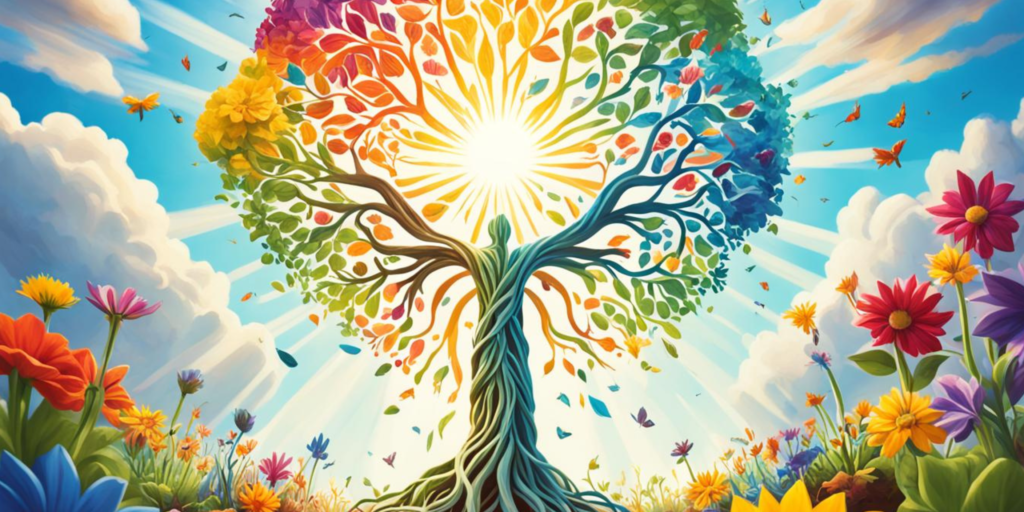
Getting stronger and finding balance isn’t easy. It’s about always thinking, healing, and growing. By caring for themselves. Activists keep their energy up. It lets them be kind and help the world. “Empowers Activists”
The Transformative Power of Empathy
Empathy fuels effective activism. It’s changing the world. People form strong connections. They do this when they grasp and empathize with others. This bond powers positive changes. It’s making empathy key in activism, not a good idea. “Empowers Activists”
Creating Meaningful Connections
The best activism acts like a healing force, showing care and love. It helps us connect and support each other. We’ve gotten stronger by building community. We do this through activism.
Empathy is the heart of this change. They establish trust through attentive listening. They also show real concern. This trust makes people and groups unite for fairness. They fight big problems together.
“Empathy is the antidote to oppression. It allows us to see the humanity in others and to stand in solidarity with those who suffer.”
Empathy in activism does more than connect us one-on-one. It teaches us about others’ lives, joining forces for change. It makes our work stronger and brings us closer as we strive for a fairer world together.
At its core, empathy is powerful. It brings big change. With a deep care for others, our efforts become more effective. We’ve brought a deep change to society and politics. “Empowers Activists”
Expanding the Circle of Kindness
After the attack, the author wanted to help more people. She started caring for more than her friends and family. She showed kindness to those she knew were having a hard time in Israel and Palestine.
Her choice made a big difference to many. It helped not only the people she reached out to but also herself. She learned that being kind to more people can cause a big positive change.
“I realized that in times of crisis, it’s not enough to take care of those closest to us. We’ve got to extend our compassion in activism and care to all who are hurting. This duty applies even if they are strangers.”
Small acts of care are very powerful. By offering help, the author not only comforted others. She also felt better and more connected herself. This shows how important it is to be kind to everyone, especially when times are tough.
The author’s story tells us a lot. Activism is not about big changes. It’s also about the little acts of kindness that make a difference. By helping those who others forget, we’ve started a wave of helpfulness. This wave can make people come together and feel good.
You May Also Like:
7 Loving-Kindness Meditations for Gratitude
The Legacy of Love and Compassion
Activists are working to make a kinder world. The impact of compassion and the power of leading by example are key. The goal is to spread kindness. They want to inspire. They want to help others become changemakers. This way, they leave a legacy of goodness that goes beyond their own work.
The activists hope their work will continue. They know the real legacy is about making a lasting difference. It’s not about getting credit. It’s about changing lives and communities in a good way. They want people to keep spreading kindness. They want this to happen long after they’re gone.
The greatest legacy we can leave is not the work we’ve done. It is the people we’ve inspired to carry on that work.
Leading by example is very important. Activists show how powerful kindness can be. They do this by showing it. They want to start a movement in their communities. This movement is all about spreading love and care.
Creating a legacy of kindness is a group effort. It’s not about one person. It’s about helping others do good. United, their benevolent deeds transform the world. This is the real power of spreading compassion.
Amplifying Impact Through Collective Healing
The Power of Community
Activists work hard to make the world a better place. They often get strength from the community. The community is very important in activism. It’s efforts make a bigger impact. It leads to healing and change.
Community work changes lives. It does so for individuals and groups. Activists doing kind and brave things can keep going and do good. They need strong support and feel like they belong. This helps them face the hard parts of their work.
“Change starts from within to create social impact. Compassion, courage, and community start with interest. They encourage everyone to be a changemaker.”
Activists heal as a group, making their movements work well. They share their stories and support each other. This makes everyone stronger. It helps the whole movement.
- Community is crucial in activism. It provides a foundation for healing and change.
- When activists come together. They create a synergy. It’s greater than the sum of their parts. It helps the group heal. And, it boosts their impact.
- Healing together is key. It’s key to successful social movements. It comes from the bonds. Activists form them. In these groups, people share their stories. They also process their traumas and show kindness to one another.
The community’s power helps activists. It lets them stand strong. It also helps them work well together. The change they make is big, both alone and together. Being part of a community in activism can change your life. It’s very important.
You May Also Like:
Loving-Kindness Enhances Empathy 5 Powerful Ways
Embracing Change from Within
Personal change is key to making a difference that lasts. Activists should first change themselves. This makes their work in society much more powerful.
Activism helps us find our true selves. It shows us our strong points and gets rid of false beliefs. Change improves us. It helps us grow and handle hard times.
Studies show that 80% of women stop their growth with their thoughts. Yet, setting goals can reverse that situation. Optimistic thoughts can also reverse that situation. About 75% of people feel better by doing this. Making ourselves better can help change our world too.
When talking about change, I want its story to live on; I wish to move others to make it too.
Changing is tough but important. It helps us do big, long-lasting things. Beating fears and bad thoughts brings out our very best. This can help bring about real, positive change.
Working on yourself as an activist does more than help you grow. It starts a big, positive wave. Others will feel inspired to find themselves and help heal the world. Transformation within sparks global improvement.
Conclusion
Loving-kindness is powerful for activists. It starts from within each person. We’ve all made a big difference by showing love and kindness in our daily lives.
Nkosi Johnson, a child from South Africa, taught us a lot. He said, “Do your best, where you are, with what you have.” This shows how much one person can do. And how all these tiny efforts add up to bigger changes.
If we learn to care for others and stay strong, we’ve been able to keep making a difference. We will also encourage more people to help. This way, the good we do spreads and grows, making the world better for everyone.


